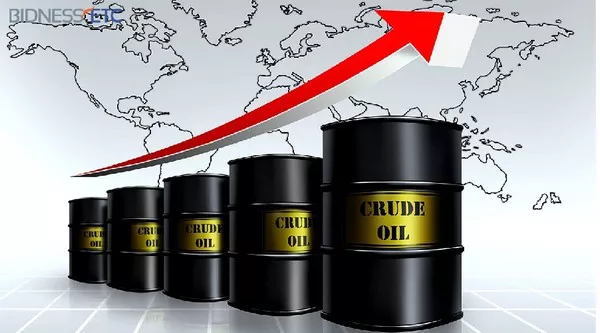Gasoline futures trading offers investors and traders the opportunity to profit from price movements in the gasoline market. As a derivative instrument, gasoline futures contracts allow participants to speculate on the future price of gasoline or hedge against potential price fluctuations. However, successful trading in this market requires a solid understanding of the underlying dynamics, market factors, and effective trading strategies. In this article, we will explore the essential steps to trade gasoline futures and increase your chances of success.
Understanding Gasoline Futures Contracts:
Gasoline futures contracts represent agreements to buy or sell a specified quantity of gasoline at a predetermined price on a future date. These contracts trade on recognized exchanges, such as the New York Mercantile Exchange (NYMEX). Each contract typically represents 42,000 gallons of unleaded gasoline. Traders can choose between different contract months, allowing them to take positions with varying delivery dates.
Researching and Analyzing Market Fundamentals:
Before entering the gasoline futures market, it is crucial to research and analyze the market fundamentals that influence gasoline prices. Factors such as supply and demand dynamics, refinery capacity, inventories, seasonality, geopolitical events, economic indicators, and government policies can significantly impact gasoline prices. Stay updated on industry news, data releases, and reports to stay informed about market developments.
Developing a Trading Strategy:
A well-defined trading strategy is essential for consistent success in gasoline futures trading. Your strategy should encompass entry and exit points, risk management techniques, position sizing, and profit targets. Consider utilizing technical analysis tools, such as charts, trend lines, and indicators, to identify potential price patterns and trends. Combine technical analysis with fundamental insights to make informed trading decisions.
Risk Management:
Effective risk management is vital to protect your capital and minimize potential losses. Determine your risk tolerance, set stop-loss orders to limit downside risk, and employ proper position sizing techniques to ensure you don’t overexpose your trading account. Consider using risk-reward ratios to assess the potential profitability of each trade and implement trailing stops to protect profits as prices move in your favor.
Choosing a Reliable Brokerage Platform:
Selecting a reputable brokerage platform is crucial for gasoline futures trading. Look for a broker that provides access to major exchanges, offers competitive commission rates, provides reliable trading software with real-time data, and offers various order types. Ensure the platform has adequate liquidity and efficient execution to enter and exit trades swiftly.
Testing and Refining Your Strategy:
Before committing substantial capital, it’s wise to test your trading strategy in a simulated or demo environment provided by your brokerage platform. This allows you to gain practical experience without risking real money. Monitor and evaluate the performance of your strategy, refine it as needed, and make adjustments based on your observations.
Monitoring Market Conditions:
Stay vigilant about market conditions and react accordingly. Gasoline prices are influenced by a wide range of factors, including macroeconomic indicators, geopolitical events, weather patterns, and changes in government policies. Regularly track relevant news, economic data releases, and industry reports to adjust your trading strategy accordingly.
Executing Trades and Managing Positions:
Once you have identified an opportunity and determined your entry and exit points, execute your trades promptly. Set realistic profit targets based on your analysis and consider scaling out of positions as prices reach predetermined levels. Continuously monitor your open positions, adjusting stop-loss orders and trailing stops as necessary to protect profits and limit losses.
Learning from Experience and Adapting:
Gasoline futures trading is a continuous learning process. Keep a trading journal to record your trades, outcomes, and the reasoning behind your decisions. Regularly review your journal to identify patterns, strengths, and areas for improvement. Be flexible and adapt your strategies as market conditions evolve.
Seeking Knowledge and Professional Guidance:
Stay informed and seek knowledge from reputable sources. Attend seminars, webinars, and industry conferences to learn from experts and gain insights into the gasoline futures market. Consider joining professional trading communities or forums where you can discuss ideas and exchange experiences with fellow traders.
Conclusion:
Trading gasoline futures can offer lucrative opportunities for investors and traders who possess a deep understanding of market dynamics, a well-defined trading strategy, and effective risk management techniques. By researching market fundamentals, developing a robust strategy, practicing risk management, selecting a reliable brokerage platform, and continuously monitoring market conditions, you can position yourself for success in gasoline futures trading. Remember that patience, discipline, and continuous learning are crucial components of mastering this challenging but rewarding market.


